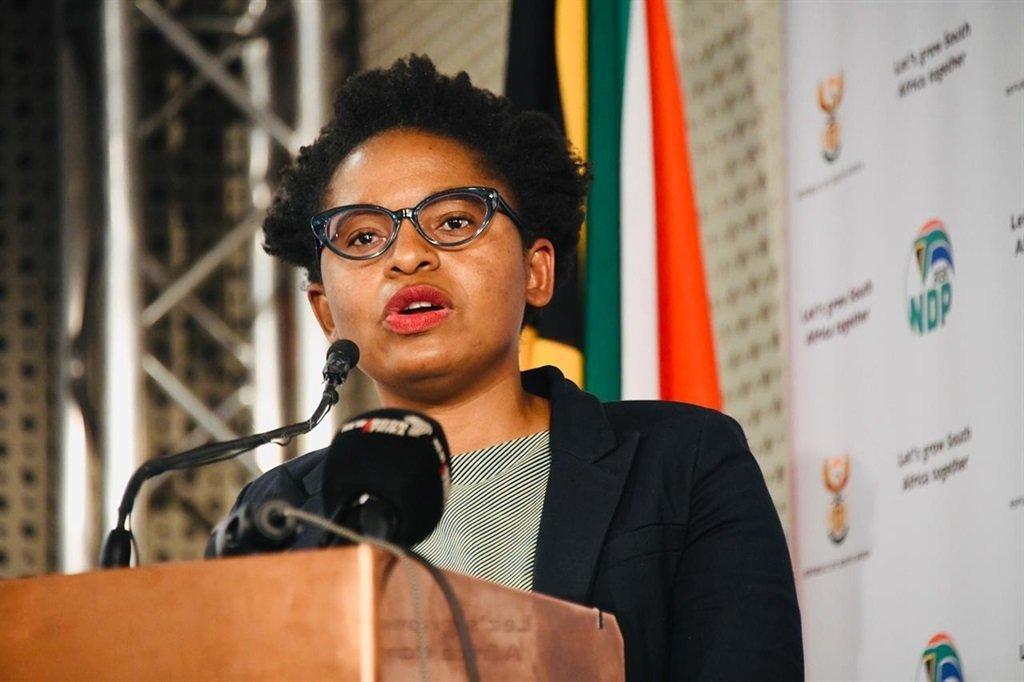Africa-Press – South-Africa. Government’s planned rollout of free basic data – which would require recipients to use a smartphone – could leave so-called brick or dumb phones obsolete in the near future.
A “dumb phone” is a mobile device with no computing or internet capability.
In a bid to meet envisaged demand, government would look at establishing smartphone manufacturing hubs, Minister of Communications and Digital Technologies Khumbudzo Ntshavheni said on Wednesday.
Government has come up with bold plans of providing free basic data services to all South African, in an attempt to leapfrog the country into a digital future and close the prevailing technology divide.
Government recently announced plans to make 10GB of data available monthly to households by 2025.
“We have therefore set ourselves the target that by 2024/25, that is in three years’ time … we are going to ensure that 80% of South Africans have access to the internet and this access must be achieved using smart devices,” Ntshavheni said at a Naspers digital economy forum.
“It means as a county we must start having conversations about the removal of non-smart devices and plan how to build an electronic manufacturing industry, because we cannot continue to be importers of devices and technology. We must start manufacturing.”
A Durban-based low-cost smartphone manufacturing plant, Mara Phones, went bust this year and one of the reasons flagged for its collapse was that the company struggled to penetrate the lower segment of the South African market which is dominated by cheaper global brands.
Government unveils ambitious plan for 50G data to homes
Government wants the nascent digital economy to make up at least 30% of South Africa’s economy by 2030. Technological developments have driven growth in e-commerce and fintech services, and Naspers through its R1.4 billion Naspers Foundry Fund has made investments in a range of local tech startups.
Investments made so far include companies in online insurance services, education, and food delivery.
Ntshavheni said that while the country had an internet coverage rate of more than 70%, this did not translate to access for most of the country’s people, particularly in rural areas, where broadband access is still a dream.
The recent auction of spectrum to mobile operators is expected to improve access to affordable broadband, in a country where high data costs have seen competition authorities intervene to force companies to reconsider their pricing.
“The release of spectrum allows us to get that LTE coverage to such areas. To achieve this, we are commencing with the implementation of Phase 2 of SA Connect programme, using the revised model that has been approved by Cabinet.”
SA Connect is the state-run initiative tasked with rolling out the internet to public facilities.
For More News And Analysis About South-Africa Follow Africa-Press






